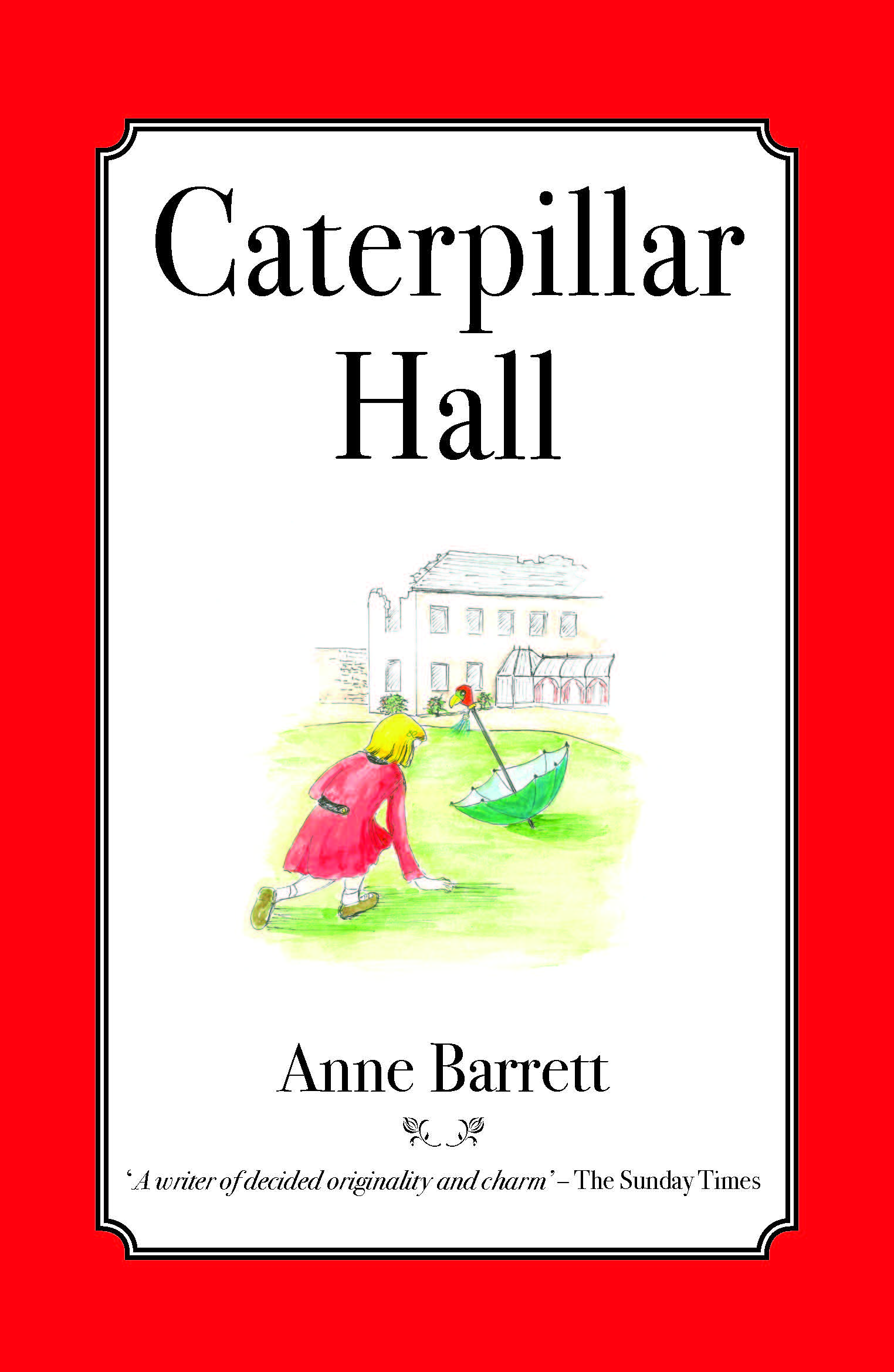Inspiring Young Readers
 posted on 24 Oct 2024
posted on 24 Oct 2024
Caterpillar Hall by Anne Barrett
Why is it that some books seem to disappear from public sight and, although deemed worthy of being issued by a major publishing house, never get another chance after their first outing? Perhaps the answer to the conundrum is simple enough - maybe the book was less popular than anticipated and sold poorly; or, maybe, it just wasn’t very good and got a critical panning. If I was a publisher then these may well be the sort of things I would be considering.
But I’ve been reading long enough to know that the rational or logical doesn’t always account for the mysterious disappearance of some books from the public sphere. One of my specialist interests, working class fiction of the 20th century, is packed with examples of ‘lost’ titles and, in much the same way, there are plenty of examples of how books written by women were also routinely ‘disappeared’. These vanishing books haven’t become impossible to get hold of simply because of a perceived lack of audience or a lack of quality - they are the victims of wider social forces that work against them.
In the case of Anne Barrett’s Caterpillar Hall, I wonder whether the date of publication - 1950 - gives us a clue about why this new 2024 paperback is the first reprint this title has ever had. This story of a young girl, Penelope, who finds a magic umbrella that enables her to look back - or ‘travel’ back - in time to the critical moments in the lives of the adults around her when they themselves were children, sounds in synopsis very modern but, in the way the book is written, it feels rather quaintly old-fashioned. There’s a big heart at work in this story but very little jeopardy and the prose, including the dialogue, walks a very fine line between the cozily reassuring and the cloyingly twee.
Although there’s evidence of the ruined post-war world here - Caterpillar Hall itself, for example, is what remains of a grand house with a glazed portico that has suffered bomb-damage - in all honesty you’d be forgiven for thinking that this was a late Victorian or Edwardian adventure. Penelope’s father is away abroad (in Persia) trying to earn enough money to buy back the family home; her mother has died when the child was a baby and so she is now being looked after by her kindly but distant Uncle; there are house servants with hearts of gold and a governess who growls a lot but has a soft centre waiting to be found. There’s also a friendship with the owner of Caterpillar Hall that will ultimately be significant in Penelope’s quest to grant the dormant hopes and wishes of all those around her.
These rather familiar tropes from children’s stories of previous ages are blended with the magical and fantastic and that’s a mixture that puts Anne Barrett’s book into what feels like a transitional position between the old and the new. We’re not far away from the arrival of writers like C.S. Lewis, Alan Garner, Susan Cooper or Ursula Le Guin who would take children’s fantasy onto a new level and leave a book like Caterpillar Hall in the shadows. Could it be that this explains why Anne Barrett’s book has slipped down the back of literature’s sofa?
Of course none of this is a good enough reason for Caterpillar Hall being out of print for so long and it’s brilliant that it’s available again and will give great pleasure to many fans and scholars of children’s literature.
Published by Roffo Court Press, at the moment copies can only be obtained either from annebarrettenquiries@icloud.com or from The Bell Book Shop in Henley-on-Thames.
Terry Potter
October 2024